Freshwater ecologists are becoming interested in noninvasive surveying techniques, such as ecoacoustics, to gather crucial data and plan conservation efforts.
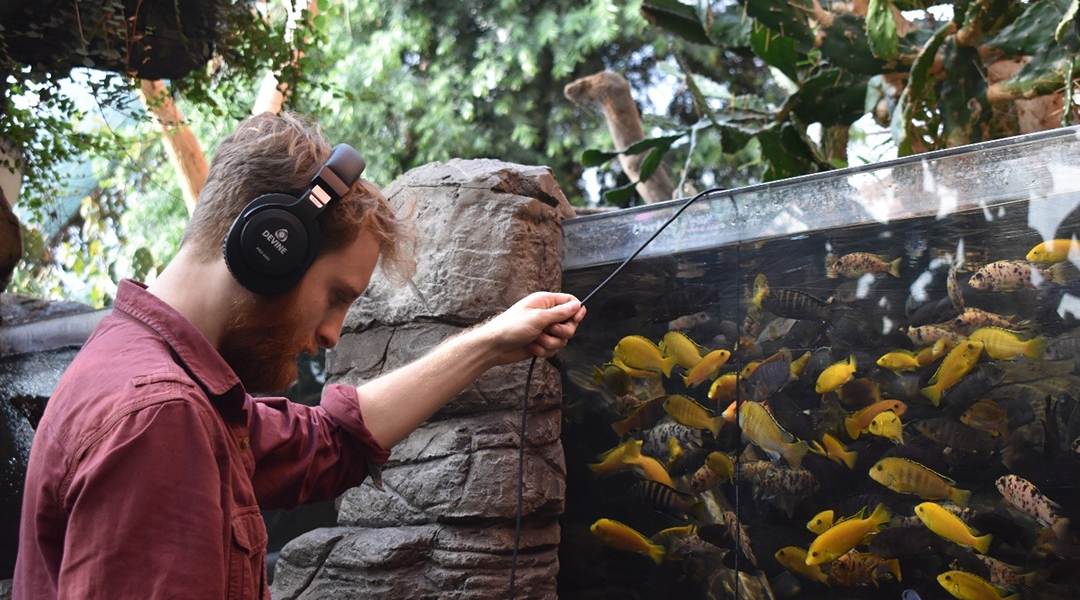

Freshwater ecologists are becoming interested in noninvasive surveying techniques, such as ecoacoustics, to gather crucial data and plan conservation efforts.
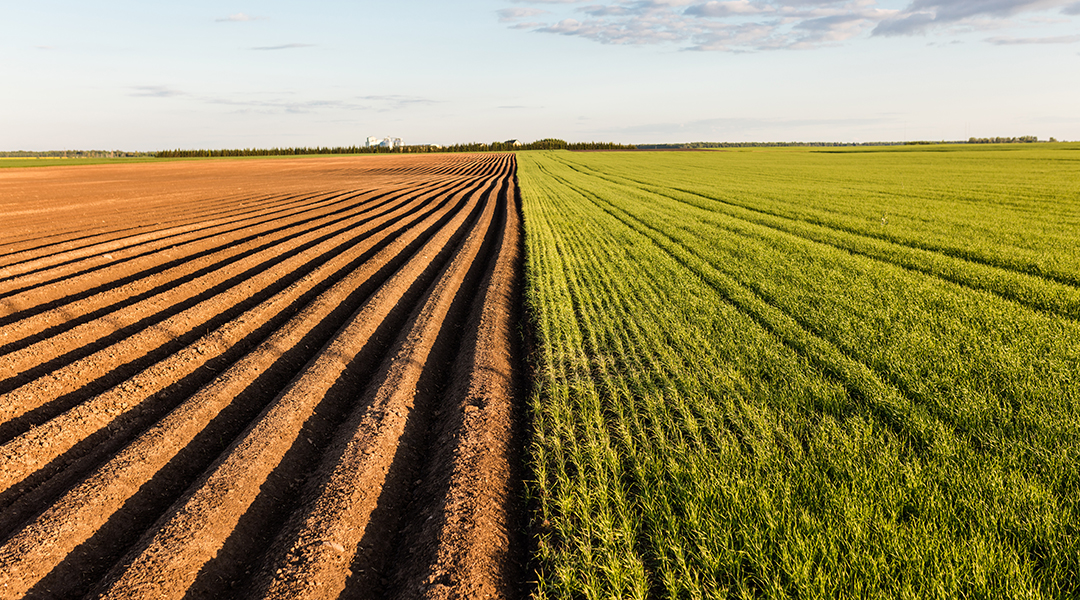
University of Guelph researchers found Earth’s agricultural landmass could increase by one-third, including new farming in northern Canada and Russia, but not without environmental impacts.

The IPCC report on global warming brought climate science right into the spotlight in 2018.

2019 can be a turning point in the fight against climate breakdown.
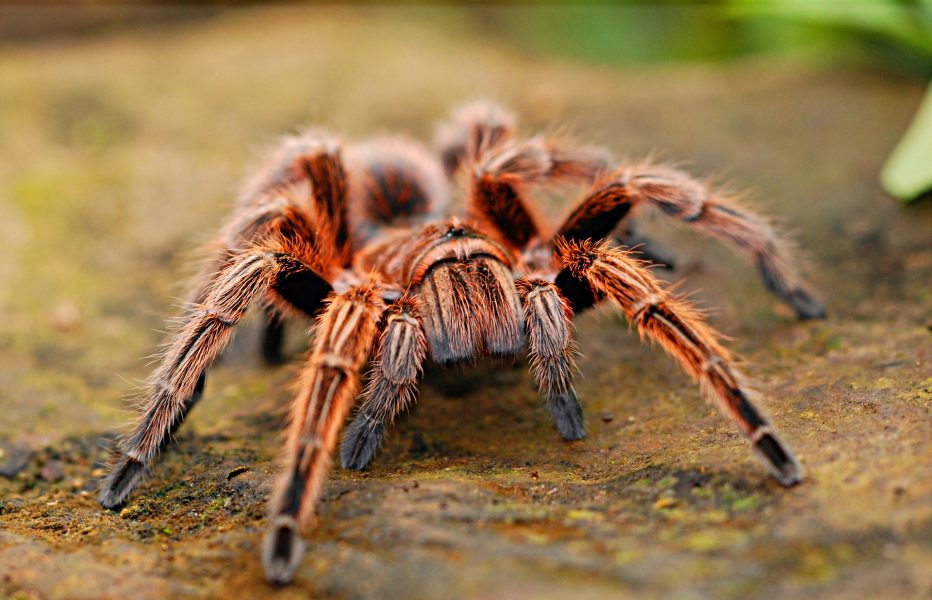
The potential of spider venom for environmentally friendly insecticides

In their WIREs Water review, Christopher Schulz and Bill Adams provide an overview of the responses to the work done by the World Commission on Dams over the past 20 years.
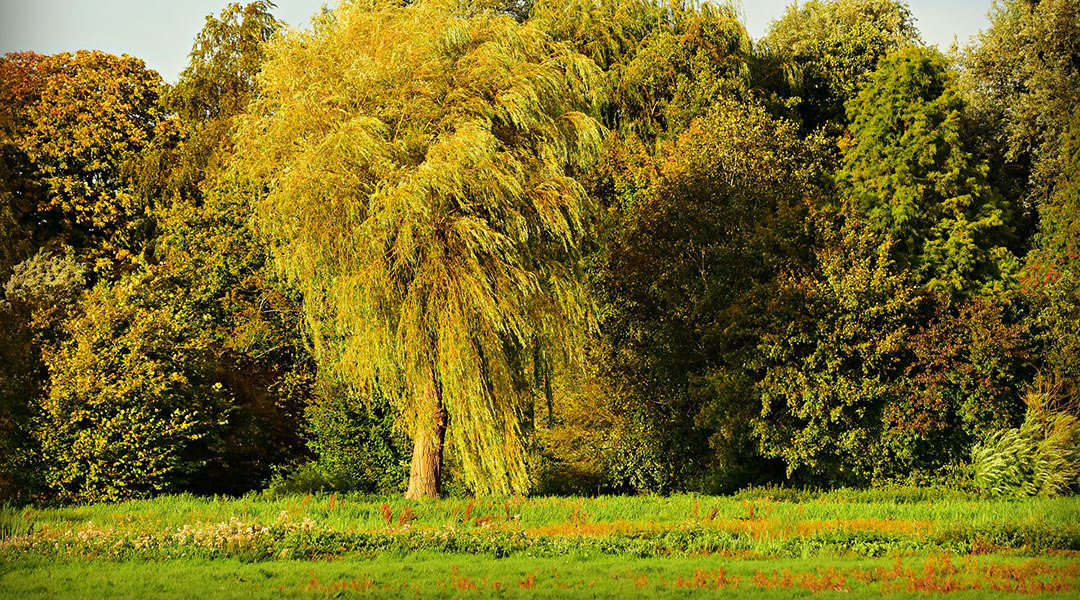
Poplars and willows are sustainably grown to conserve or utilize water in a variety of applications.
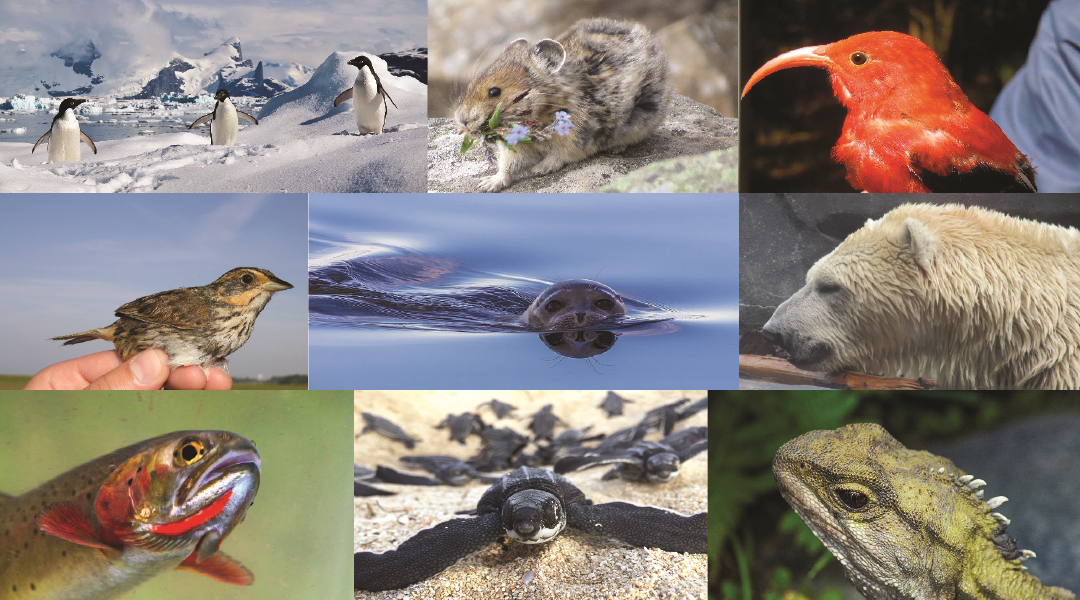
Now that climate scientists can make better projections of climate change, biologists need to project and prevent its impacts on biodiversity.
Could stumps from managed forests provide sustainable biomass in a future bio-economy or are they all needed in the forest to support other ecosystem services and biodiversity?
The opportunities and challenges of salvage logging of biomass after natural disturbances to supply wood-based bioenergy.